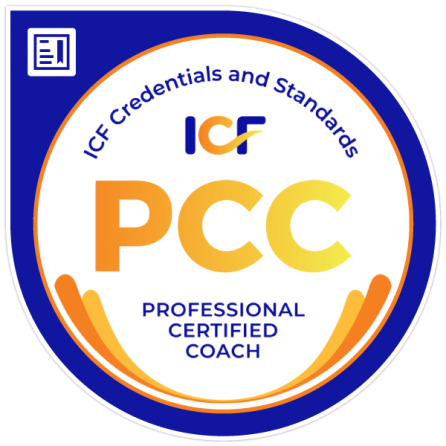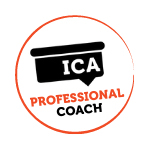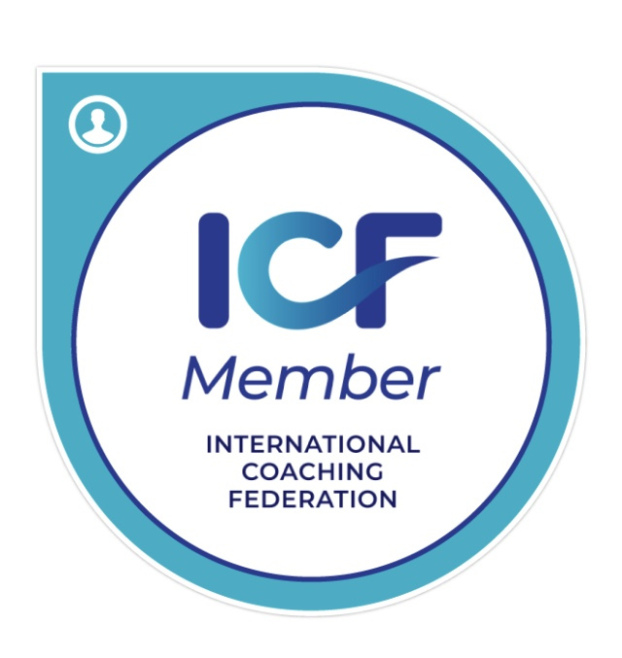Parent coach
Is there anything more important in your life than your child?
As our children are so important to us, there is no wonder that it hurts when things are not going as well as we wish with them.

As your parent coach, I can help with challenges such as
-
arguments between you and your child
-
social pressure on how to be a good parent
-
low self-esteem
-
fighting among siblings
-
improve communication and listening between your and your child
-
how to deal with anger
-
having a child who doesn't fit in
-
anxiety about your child's future
How coaching works:
-
Email coach@livmiyagawa.com to make a booking
-
Sessions are 50 minutes online
-
I listen, ask questions and give you feedback to help you find the best way forward in your unique situation
-
In order to make coaching available to people in all economic situations, I offer a choice of different fee levels
-
I work under strict confidentiality
-
Coaching is perfect for you if you don't want general advice, but need help and support to figure out what works best for you in your life

Liv Miyagawa
I grew up in Sweden, lived and studied in various countries, and I now live with my husband and our three daughters in Tokyo, Japan.
I love to help people to realise something new about themselves and have "aha-moments". In every part of my life I aim to lift people up.
I studied at UWC Atlantic in Wales, an international boarding school where students from all over the world gather to learn, play, work for their communities and promote international understanding together. After a gap year (which I partly spent in India working with children in orphanages and schools), I studied psychology at the University of St Andrews in Scotland. Thereafter, I was trained by the International Coach Academy to become a Certified Professional Coach. I am now also a a member of the International Coaching Federation and accredited Professional Certified Coach (PCC).
Although I'm a parent coach, I also have many clients without children. Challenges such as career transitions, relationship problems, how to get organised and how to find and prioritise what is most important are common and exciting coaching topics.
At home, I aim to be a creative and fun mother who leads my trilingual family to a healthy and balanced lifestyle. I also teach English to children and adults in my local community.
In support of the UWC, young stundets and international peace, I have started a project to coach in exchange for donations to UWC. For more information about this project, please visit Coaching for UWC



